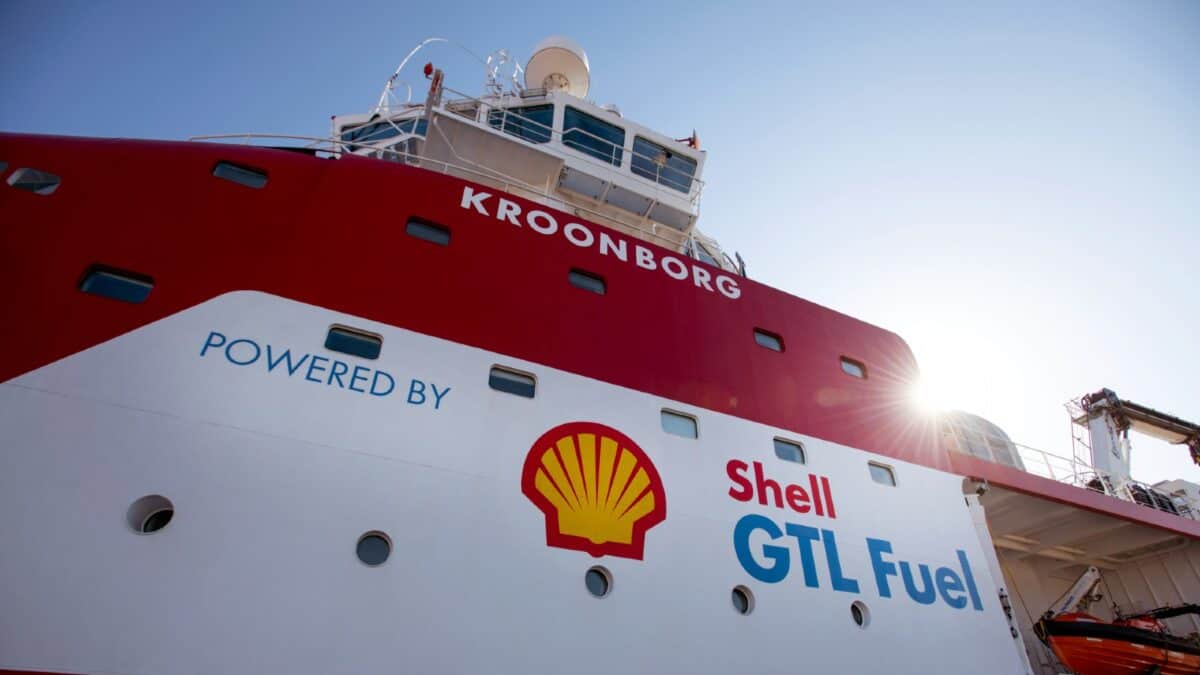Shell’s (LSE: SHEL) share price has dropped 12% from its 18 October 12-month high. But this does not necessarily mean it is a bargain that I should snap up. It may simply be that the company has less value than before.
To begin to ascertain whether this is true in Shell’s case, I looked at the key price-to-earnings (P/E) stock value measurement.
It currently trades at a P/E of 10.4 – the second lowest in its peer group. This comprises BP at 6.6, ExxonMobil at 11.5, ConocoPhillips at 12, Chevron at 12.9, and Saudi Arabian Oil at 15.9.
The peer group average, therefore, is 11.8, against which Shell’s 10.4 looks to be good value.
A subsequent discounted cash flow analysis shows the stock to be around 30% undervalued at its present price of £24.52. So a fair value would be around £35.03, although it may never reach that price, of course.
Added impetus for share price rises should come from a new $3.5bn buyback programme to be completed by 2 May.
How does the core business look?
An extended slump in commodities prices is a key risk for Shell. And the threat of windfall taxes on profits — driven by intense scrutiny of oil company earnings and the general move towards green power — is another.
However, Wael Sawan made it clear when he became CEO in 2023 that closing the valuation gap with US oil firms was a priority.
These companies remain committed to their oil and gas drilling roots, despite the greener stance of the current White House.
So, Shell has made it clear that it will keep its oil production at 1.4m bpd until 2030. It will also expand its huge liquefied natural gas business, with forecasts that demand will rise over 50% by 2040.
On the other hand, it aims to reduce its carbon emissions 20% by 2030, then 45% by 2035, and 100% by 2050.
This gradual approach is in line with the idea that the energy transition may take longer than previously thought.
The final statement from December 2023’s UN Climate Change Conference did not include anything about phasing out fossil fuels entirely.
It added that net zero emissions remains the target for 2050, but that this must be done “in keeping with the science”.
Shell’s strategy seems to be paying off so far. Its Q4 2023 results showed adjusted earnings of $28.25bn against consensus analysts’ expectations of $26.82bn.
Those expectations now are that earnings per share will grow by 9.5% a year to end-2026. Return on equity is also forecast to be 12.5% by that point.
Dividend yield rising
In addition to any share price gains that might occur, the stock also pays a dividend. Over the past four years, this has risen from 65 cents to $1.29 a share.
On the current exchange rate and share price, it gives a yield of 4.1%. This compares to the average yield of the FTSE 100 of 3.9% at present.
As I bought Shell stock lower than the current price, I am happy with my holding.
If I did not have this, I would buy the shares now for the strong core business, potential price gains and the decent dividend thrown in.





